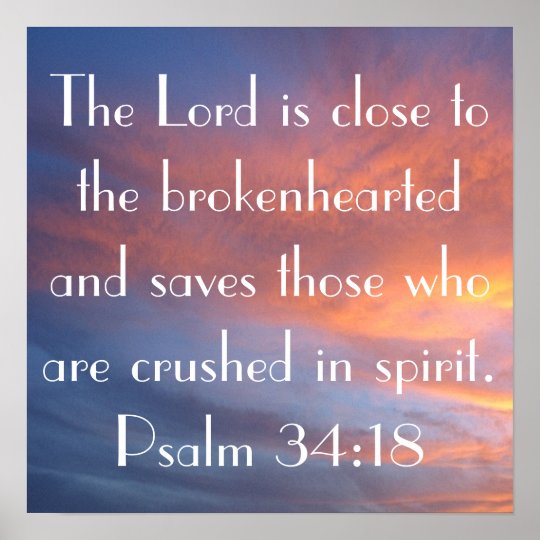Physical Address
304 North Cardinal St.
Dorchester Center, MA 02124
Physical Address
304 North Cardinal St.
Dorchester Center, MA 02124



During the Our Hearts Are Home webinar on “Navigating Suicide Loss,” the panel was unable to answer several practical questions submitted by participants due to time constraints. (Here’s the link to this insightful webinar if you’d like to check it out.)
To avoid overlooking these important questions, this blog post (and its follow-up) will consider several overflow topics. While the webinar was aimed primarily at parents touched by suicide, much of this post’s content will also lend itself to parents impacted by any type of child loss.
What are some ways you deal with the overwhelming feeling of emptiness?
I posed this question in the OHAH Community Facebook group and received a few thoughtful responses.
To be part of a community who gets it can be essential for surviving the loss of a child.
To be part of a suicide loss survivor’s support group for the last 7 years and then after awhile helping to facilitate gave my pain purpose. -Susanne, Micah’s mom
That’s a tough question because nothing can fill the hole left by my daughter’s death. But I can choose to embrace those things I do have, my family, friends, and the amazing folks I’ve met in bereaved parent groups. I can accept service opportunities when they arise to encourage other hearts, and I can glorify the God who has never forsaken me and has lovingly provided everything I need to make the journey home.
-Carol, Jackie’s mom
I echo every idea shared by these wise moms. Now, here are some additional thoughts based on what I’ve experienced over the last four years.
Important note: What I share here doesn’t mean I’ve gained victory over this pervasive emotion. My humanness sustains this ever-evolving, sometimes waxing and sometimes waning battle. God doesn’t grant me expert status as He whispers comfort in my ear. Instead, I’m a work-in-progress that He keeps sending grace to, and then I choose to share it with others.
Before I proceed, you need to know that being reduced to a shell full of nothingness is, absolutely, a natural consequence of losing one of the most vital pieces of who you are. There is nothing wrong with you. You are in the company of millions of other bereaved parents across the planet. Grief can cause even the strongest of Christians to feel empty.
With that established, here are some things that help me manage, not mitigate, the vacant space that lingers in my soul.

First, I am learning to rest in the fact that I will always have a hollow-like sensation to some degree as long as I am on earth. Acknowledging this allows me to quit expending valuable energy running away from the demanding emotion and instead, exerting energy to give it permission to hold rank as a symbol of my love for Dalton. Attaining “wholeness” without my child is undesirable. I believe God fully understands and honors that. After all, the broken shards of me are the very things that keep me searching for Him. Yet, at the same time, He is continually binding up my wounds until I achieve complete restoration in heaven one day. I don’t have to be perfectly intact before I can continue living well by enjoying small moments and finding meaning in life with my loved ones and the world around me. The emotional energy that was once spent escaping this threat is now better spent serving and loving others, filling my running-on-empty tank.
My world caved in and shrunk to nearly nothing the day Dalton went to heaven. Grief and trauma barged their way into my life uninvited, forcing my heart to focus solely on the one missing person who I couldn’t physically touch, see, or spend time with anymore. As I grieve Dalton in healthy ways and process my trauma (which will be discussed in a follow-up post on coping strategies), my world is, in fact, growing again. God helps me understand that, even though I hate it with every cell in my body, He is giving me the strength to live again without my son. How did this begin? Slowly, very slowly. Every time I chose to interact in meaningful ways with my students and co-workers at school. Every time I made new memories with my daughter and husband. Every time I joined with other bereaved parents such as in my GriefShare group or at the While We’re Waiting retreats I attended with my husband. These people understood me and confirmed that what I was experiencing was completely normal.
Growing my world isn’t easy and requires a great deal of emotional stamina. It’s something I still resist on many occasions. Intentionally checking for signs of growth opens my eyes to God’s faithfulness in how He holds me in my sorrow. As I partner with God to expand my world, I focus less on myself and what I lost (the old life I once had) and more on what is still standing around me. In no way does this mean I’ve forgotten or quit thinking about Dalton. Nor have I stopped missing, grieving, or honoring him. But because my world is enlarging, there is now space for both my grief for Dalton and my love for others.
Joshua 1:9 says, “Have I not commanded you? Be strong and courageous. Do not be afraid; do not be discouraged, for the Lord your God will be with you wherever you go.” God has been immeasurably faithful to this Promise in every area of my life. I used to think emotions were just flags whipping in the wind, yanking me to and fro. Now I see them for what they really are: invitations to run to God. And since emptiness is an emotion, I run to my Comforter when the desolate cavity inside my chest aches. My prayer includes four simple words. God, I need You. Sometimes it’s a whisper. And other times it’s a loud, desperate plea. God always shows up. His Presence tenderly trickles into the unoccupied spaces inside of me. This won’t be a one-and-done exercise. Just like when our car is running on fumes, we, too, must run to God to fill us back up with His extravagant love, helping fill that “Void” that begs to be filled. Much like the verse above says, God’s service stations can be found everywhere you go, and they’re always open.
Important key take-aways:
I close this post with beautiful reminders from Elizabeth, Camryn’s mom.
When your emotions have hit rock bottom, there is only one path to travel, and that is the path to God.
“Even to your old age and gray hairs I am he, I am he who will sustain you, I have made you and I will carry you; I will sustain you and I will rescue you” (Isaiah 46:4).
Lord, in my weakness and the failing of my limbs, lift me into the palm of Your everlasting hand. You alone are my strength and my champion. Amen.
